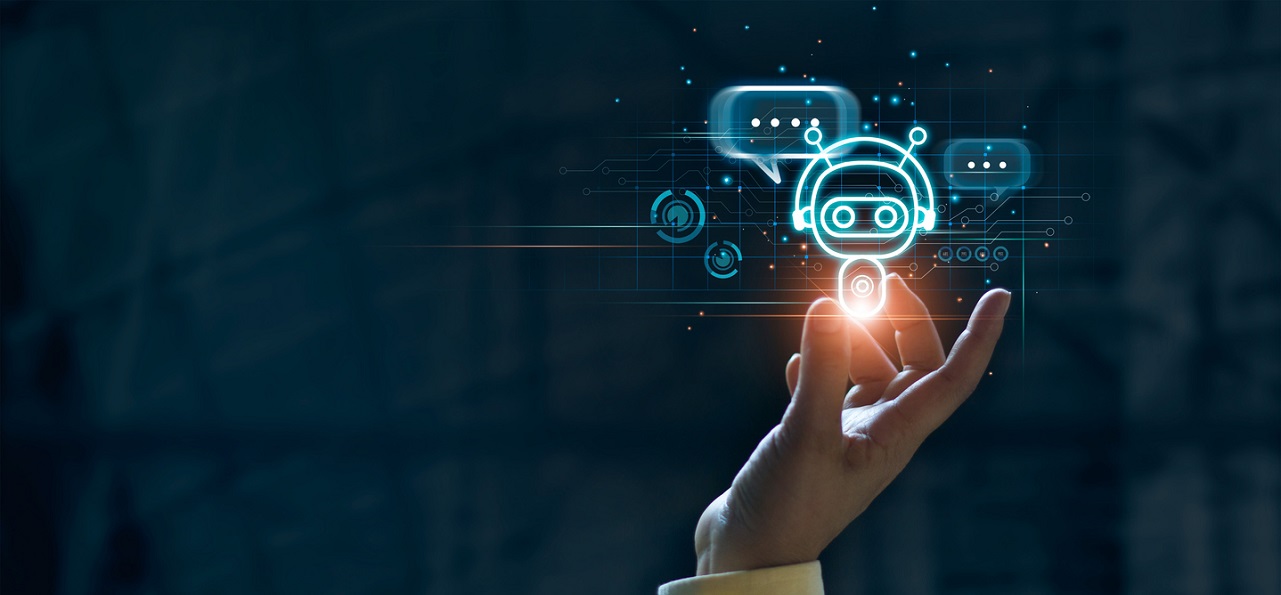In the rapidly evolving landscape of talent acquisition and workforce dynamics, one thing is certain: Artificial intelligence is reshaping the game. As we step into 2024, the influence of AI on both organizations and the workforce cannot be overstated. It’s a transformative era where AI is not just a tool organizations are leveraging to engage workers but has become an integral part of the job-seeking journey and day-to day job performance for workers as well.
For organizations, AI has accelerated the way talent is sourced, screened and engaged. The ability to sift through thousands of résumés in mere seconds has streamlined the recruitment process, making it extremely efficient, automated and data driven. Organizations at the forefront of the AI frontier are affirming their ability to engage talent faster than ever before. However, amidst the excitement of AI’s impact on sourcing talent, it’s crucial to recognize that job seekers are also harnessing the power of AI to navigate this new world.
A development known as “robo-applying” has emerged, allowing job seekers to use AI to send out tens to sometimes hundreds of applications simultaneously. This is in response both to the adage that a job search is a numbers game and to tedious and time-consuming application processes (often resulting in radio silence). Also on the rise are AI-enhanced résumés and cover letters, crafted to exact job descriptions and to trigger keyword matches in applicant tracking systems. While efficient and saving job seekers hours, if not days, of effort, the practice raises questions about résumé embellishment, accuracy and the intention behind each application.
The use of AI extends beyond the initial application stage. Candidates are employing AI in skills tests to create work samples and to hone their interview preparation. While this demonstrates a proactive approach to securing a position — and demonstrates the candidate has AI experience — it also poses a challenge for organizations in distinguishing truly qualified candidates from those who are simply proficient in gaming the system. This once-human interaction between organizations and job seekers is quickly becoming a “battle of the bots,” where AI interfaces with AI.
So, amid this AI-driven talent revolution, a critical question emerges: Should job seekers and candidates be allowed to use AI during the application process? According to a CBS report, 40% of hiring professionals consider the use of AI by applicants to be a deal-breaker. This poses a significant dilemma for organizations that requires clarity and guidance regarding the regulation of AI in its candidate engagement process.
Equally perplexing is the ethical dilemma of organizations reaping the benefits of deploying AI for application sourcing and screening while simultaneously restricting applicants from utilizing the same technology to support and booster their job search efforts.
Further, the dynamics extend beyond the initial sourcing and recruitment phase. According to a Checkr survey, a staggering 85% of American workers have utilized AI tools to perform tasks at work. From drafting communications to writing software, the integration of AI in the workplace is pervasive. Some workers have even leveraged AI to such an extent that it enables them to effectively work two jobs simultaneously.
While this presents tremendous opportunities for efficiency, it also raises concerns for organizations in terms of cybersecurity, intellectual property, plagiarism and the potential dissemination of misinformation. Shockingly, a survey by The Conference Board found only 26% of workers believe their company has a policy related to the use of AI. This glaring gap highlights the urgency for organizations to establish clear guidelines and policies for the responsible use of AI in the workplace.
As we navigate the complex terrain of AI in the workforce landscape, it’s imperative for organizations to shape policies not only for talent engagement but also for on-the-job engagement with AI. Striking the right balance between leveraging the benefits of AI and mitigating its associated risks requires a thoughtful and strategic approach.
2024 marks a pivotal year for organizations to reflect on the role of AI in talent acquisition and within their workforce. As the use of AI becomes universally available, organizations must not only adapt their talent acquisition practices but also establish comprehensive policies that govern the ethical and responsible use of AI by both job seekers and workers. Embracing AI is inevitable, but doing so with a mindful and intentional approach will ensure a future where technology and human potential coexist harmoniously in the world of work.









